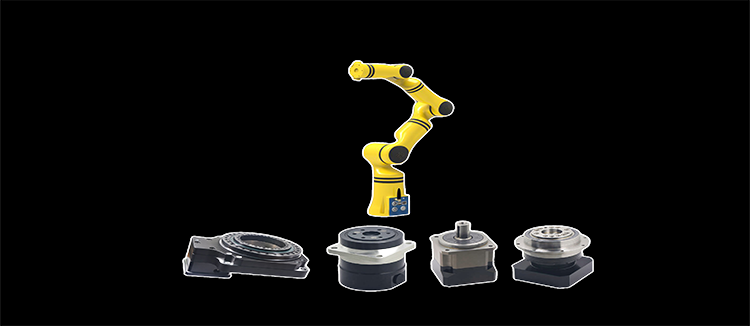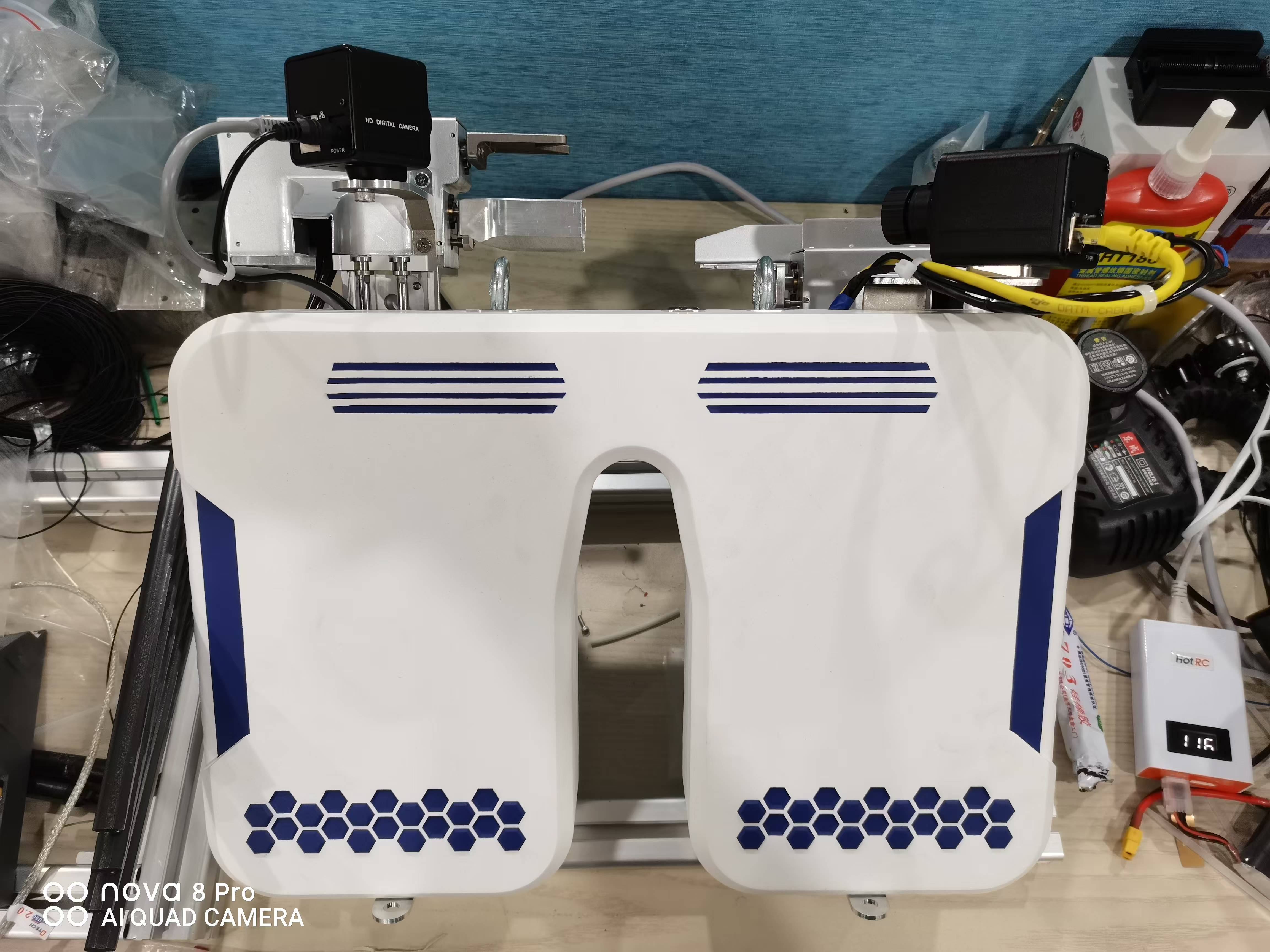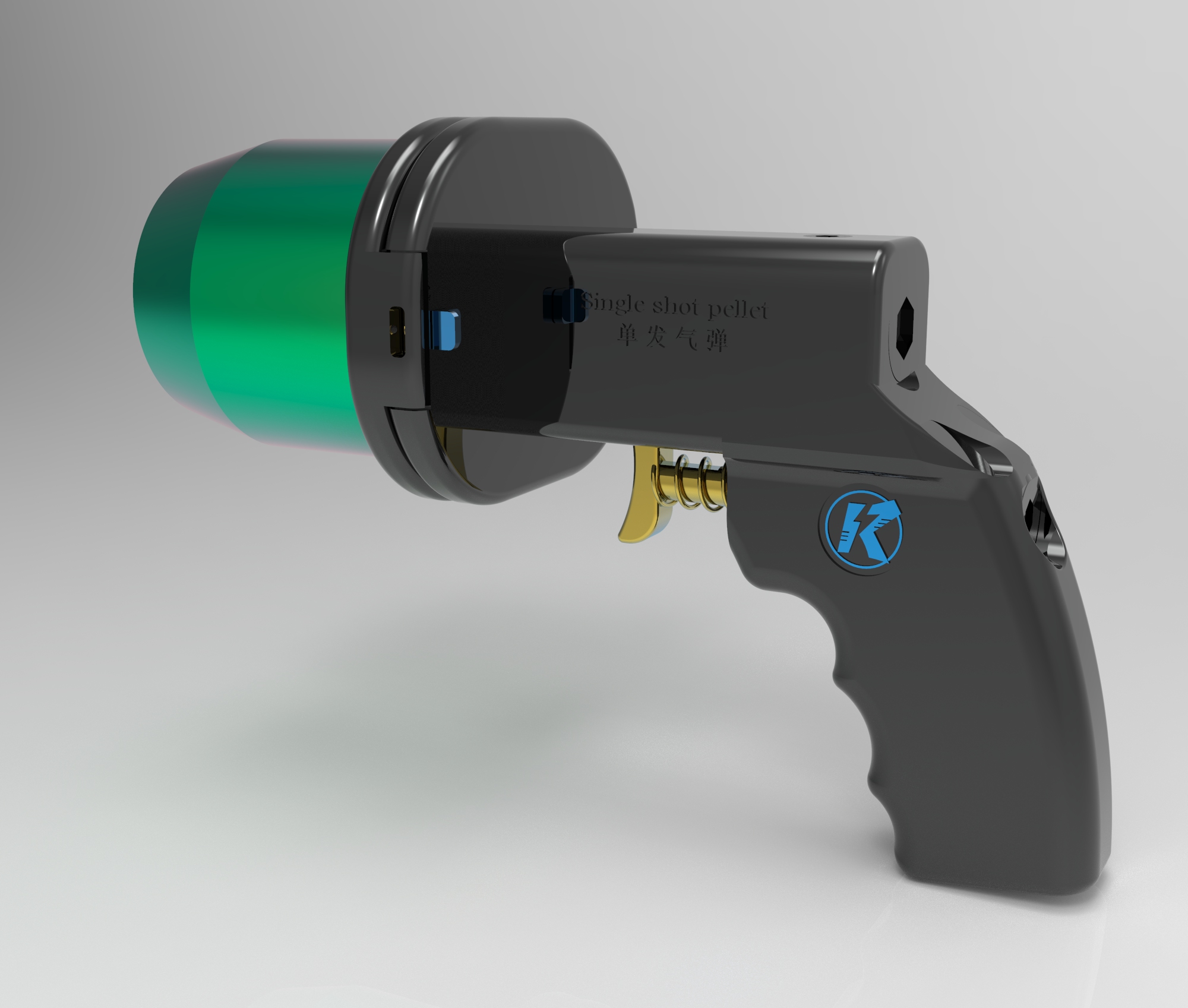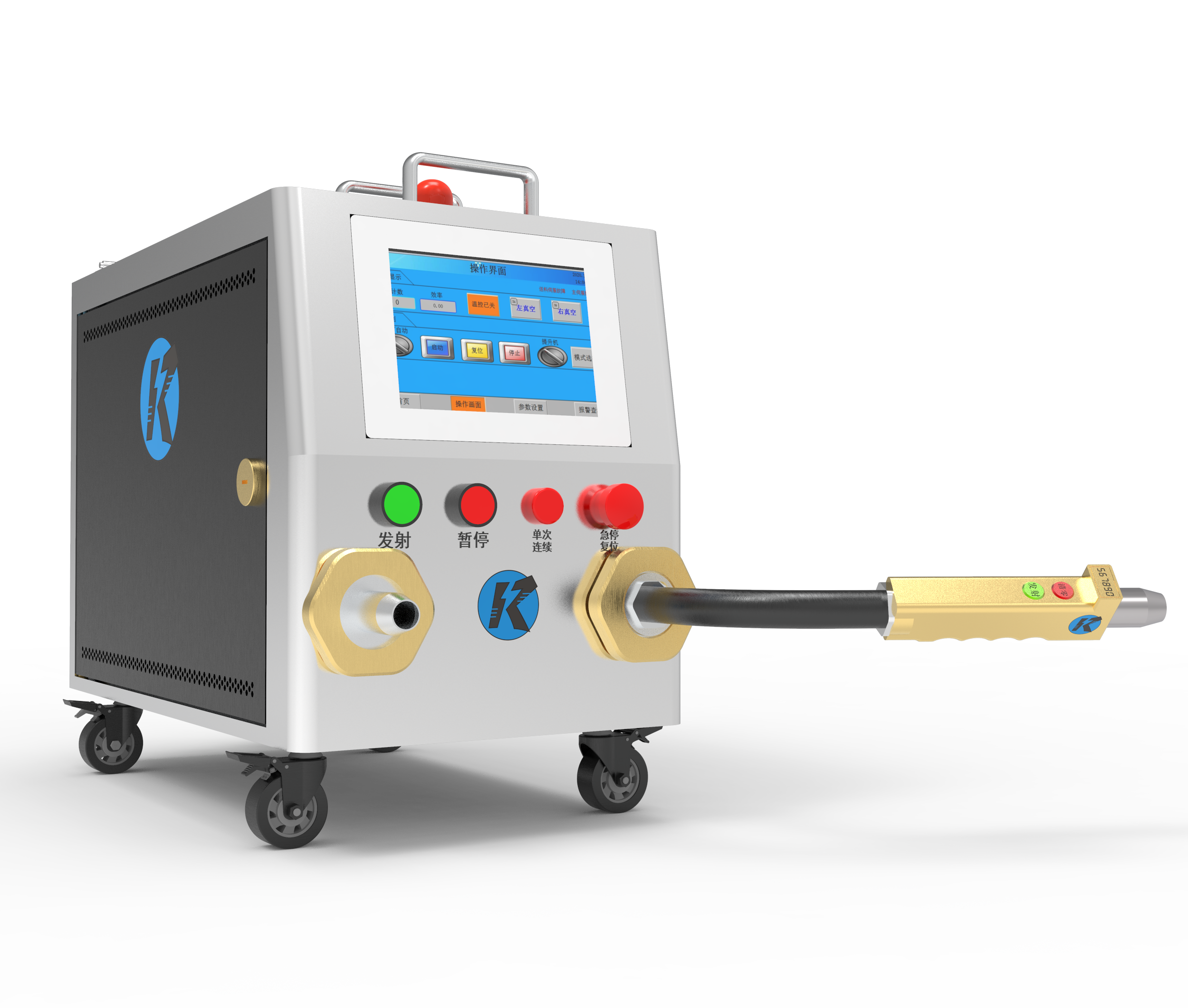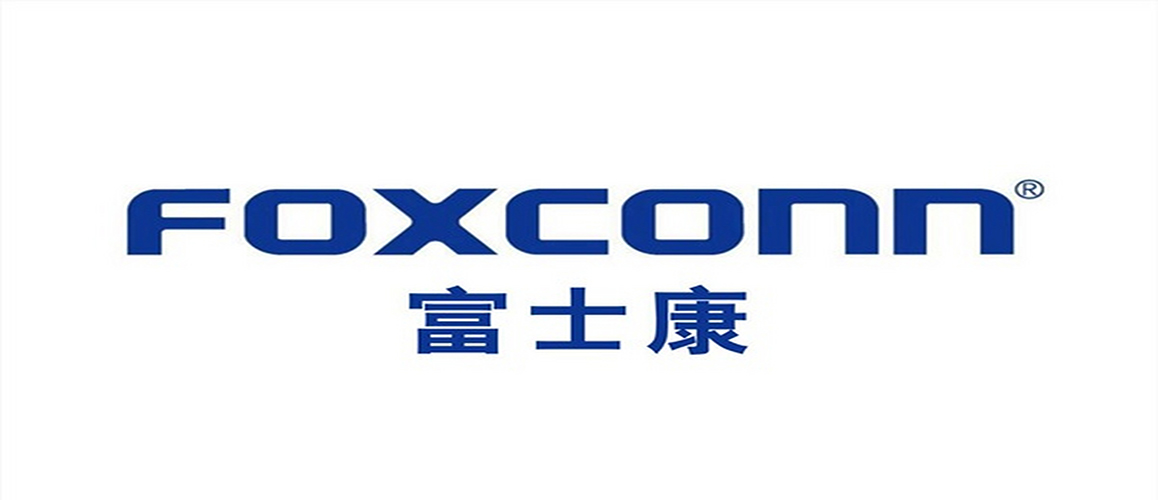The Future of Automation: How Robots are Revolutionizing Industries
The term "robot" has long been associated with science fiction, but in recent years, it has become a reality that is transforming the way we live and work. Robots are no longer just a concept; they are a tangible part of our daily lives, from the assembly lines in factories to the autonomous vehicles on our roads. This article will explore the various ways in which robots are revolutionizing industries and the implications of this technological advancement.

Robots have been a significant driver of innovation in the manufacturing sector. The integration of industrial robots has led to increased efficiency, precision, and speed in production processes. These machines can perform repetitive tasks tirelessly, reducing the risk of human error and enhancing the overall quality of products. As a result, many companies have adopted robotic automation to stay competitive in the global market.
Beyond the factory floor, robots are also making their mark in the service industry. Service robots, designed to interact with humans and perform tasks in a variety of environments, are becoming increasingly common. From robotic waiters in restaurants to autonomous cleaning machines in hotels, these robots are changing the face of customer service and hospitality. They offer a cost-effective solution to labor shortages and can work around the clock without the need for breaks, significantly improving operational efficiency.

The healthcare sector is another area where robots are making a significant impact. Surgical robots, for instance, have revolutionized the way complex procedures are performed. They offer surgeons a level of precision and control that is unmatched by human hands, leading to less invasive surgeries and faster recovery times for patients. Additionally, robots are being used in elderly care, providing companionship and assistance to those who may require extra support.
Another exciting development in the world of robotics is the rise of personal robots. These robots are designed to assist individuals in their daily lives, from helping with household chores to providing companionship. The potential for personal robots is vast, and as technology continues to advance, we can expect to see more sophisticated and versatile robots entering our homes and personal lives.

Education is another field that is benefiting from the integration of robots. Robotic systems are being used to teach students about programming, engineering, and other STEM subjects. These hands-on learning experiences not only make education more engaging but also prepare students for the increasingly tech-driven job market.
Despite the numerous benefits, the rise of robots also brings about concerns. Job displacement is a significant issue, as robots can perform tasks that were once reserved for humans. However, it is essential to consider that robots also create new job opportunities in areas such as robotics engineering, maintenance, and programming. The key is to adapt and upskill the workforce to meet the demands of the new robotic era.
The future of robots is promising, with ongoing research and development leading to more advanced and intelligent machines. As we continue to push the boundaries of what robots can do, it is crucial to address the ethical and societal implications of this technology. Balancing the benefits of increased efficiency and productivity with the need to protect jobs and ensure equitable access to these advancements will be a challenge that society must face together.
The integration of robots into various industries is a testament to human ingenuity and our ability to innovate. As we move forward, it is essential to embrace the potential of robots while also being mindful of the changes they bring to our world. The future is bright, and with careful consideration and responsible development, robots can be a force for positive change in our society.

